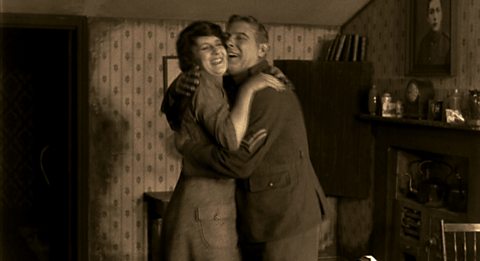Video summary
War turned ordinary people into killers, which raised a variety of emotions among them.
A German soldier vividly recalls his terrible guilt at killing a French soldier with a bayonet, whilst some of his fellow soldiers boasted about killing during the First World War.
A British soldier recalls refusing to execute deserters from his own side, feeling sympathy for their shellshock.
Another explains in detail how he planned to injure himself to get away from the front, an offence which could result in death by firing squad.
This is from the series: I Was There: The Great War Interviews.
Teacher viewing recommended prior to use in class.
Teacher Notes
Key Stage 4:
Students use this clip to develop contrasting arguments on the merits of pardoning soldiers who were executed for desertion during the war.
This exercise can then lead into a piece of work on how life in the trenches affected soldiers.
This clip will be relevant for teaching History at KS3, KS4/GCSE, in England and Wales and Northern Ireland.
Also at Third Level, Fourth Level, National 4 and National 5 in Scotland.
This topic appears in OCR, Edexcel, AQA, WJEC, CCEA GCSE and SQA.
Recruiting soldiers in WW1. video
The different pressures which were applied to persuade young men to join up to fight.
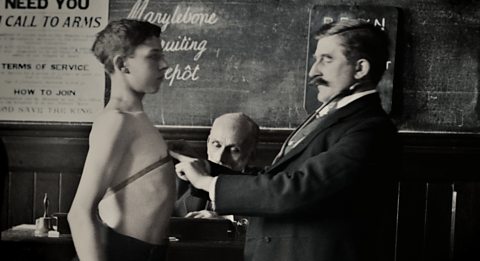
Respite. video
How men could relax and forget about life on the front line when behind the lines and get some respite from the war.
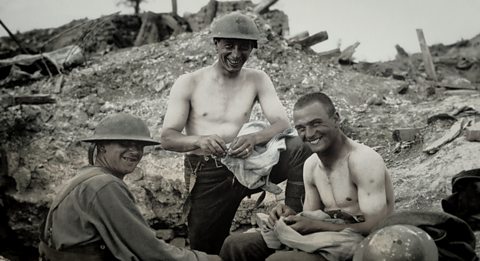
How did shell shock affect soldiers? video
Soldiers from both sides describe their experience of shell fire and the physical and psychological effects it had on them and their colleagues.
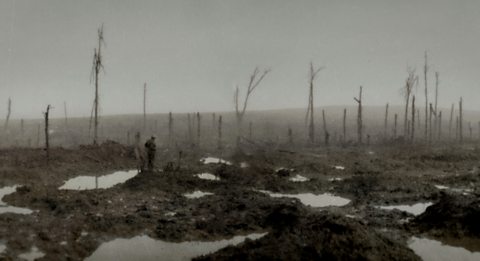
Being a pilot in WW1. video
Cecil Lewisβ experiences reflect how the role of aircraft changed in the course of WW1.
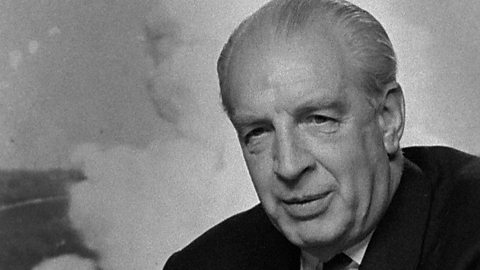
Fighting in the trenches. video
Stefan Westmann presents two contrasting experiences of the war.
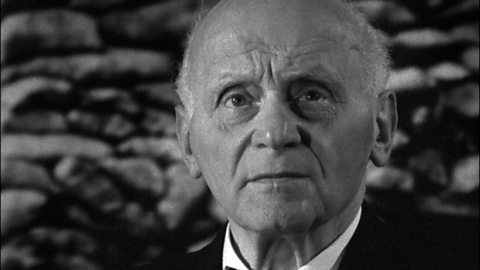
Changes on the home front during WW1. video
Relatives left at home describe what it was like coping whilst the men were away at war.
